“The biggest barrier to change is this tiny sliver of fear that people have surrounding disability, and I made this film to push people over that barrier.”
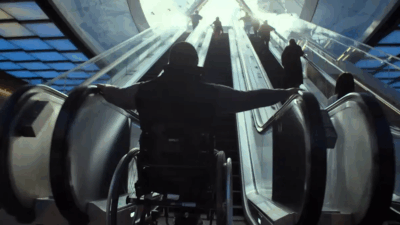 The new documentary Rising Phoenix: A New Revolution grabs viewers’ attention from the opening, pulling both disabled and nondisabled audiences in to become immersed in a world full of authentic disability representation.
The new documentary Rising Phoenix: A New Revolution grabs viewers’ attention from the opening, pulling both disabled and nondisabled audiences in to become immersed in a world full of authentic disability representation.
The film is directed by Sheridan O’Donnell, who was diagnosed with a degenerative eye disease while having an active career as a filmmaker. This has slowly rendered him legally blind. Trying to navigate this new world of being disabled, O’Donnell seeks out accomplished disabled individuals from multiple sectors and walks of life, and highlights their struggles, and eventual achievements. The point of O’Donnell’s film is not to showcase these achievements in spite of disability; rather, he showcases these achievements in spite of the social perception, lack of access, and lack of understanding that too often befalls the disability community.
With a goal of redefining the world’s image of disability, the film features a variety of disabled individuals including actor Lauren Ridloff (Eternals), Paralympic Gold Medalists Ezra Frech (Track and Field) and Anastasia Pagonis (Swimming), filmmaker Jim LeBrecht (Crip Camp), MTA Chief Accessibility Officer Quemel (Q) Arroyo, Valuable 500 Founder Caroline Casey, and more. [continue reading…]


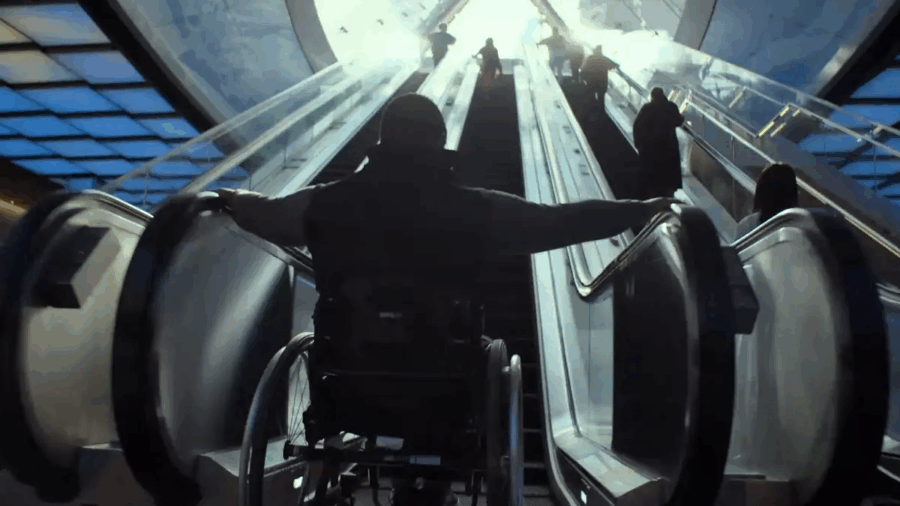
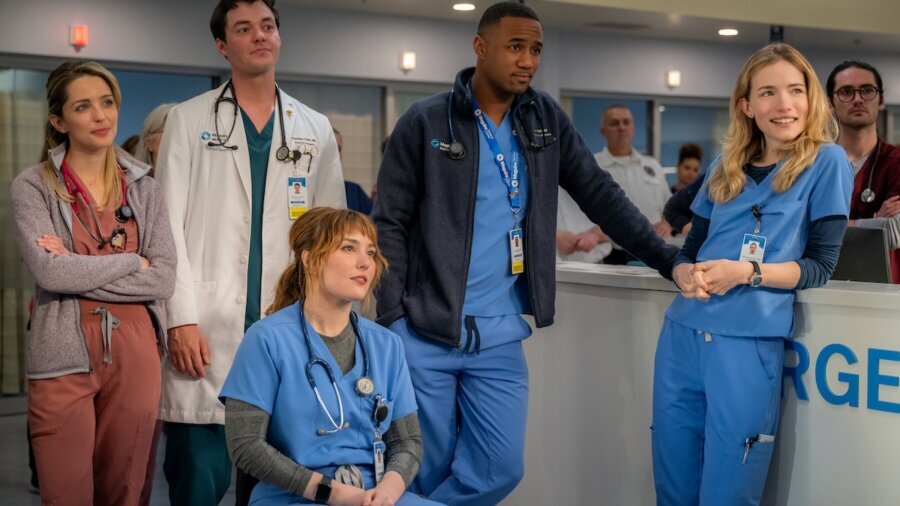

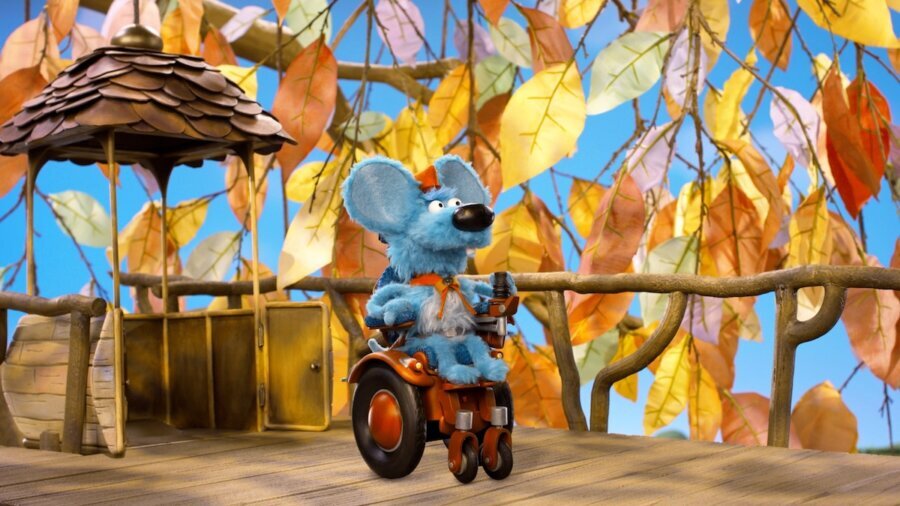
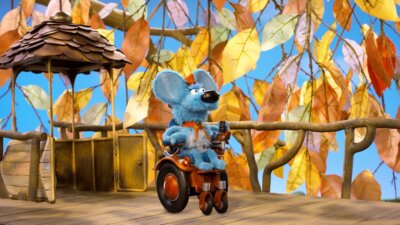
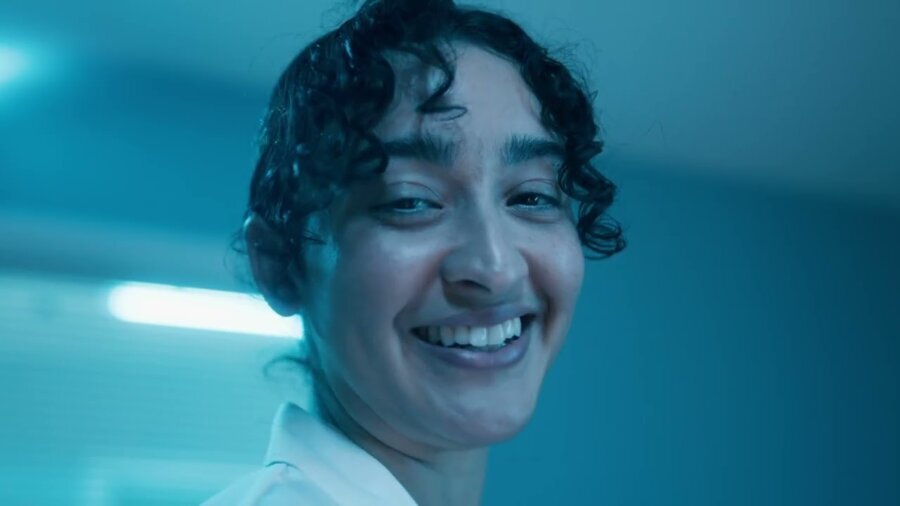
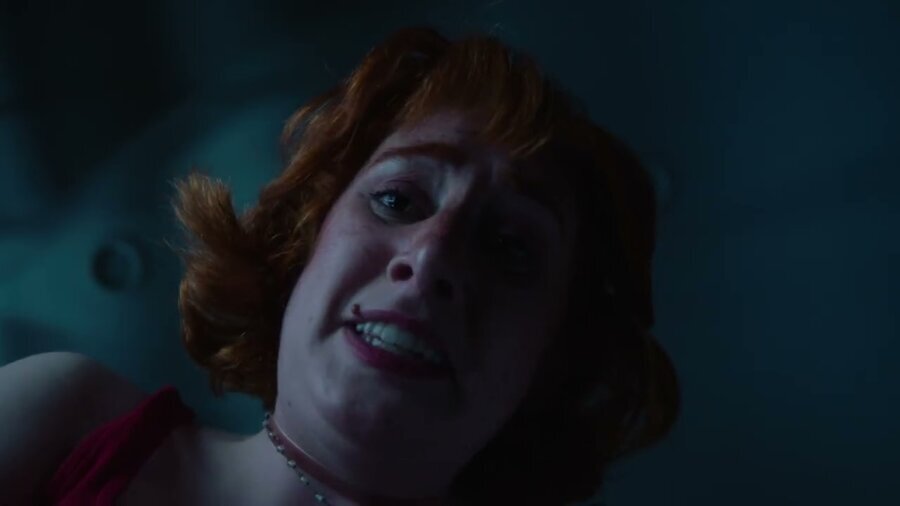
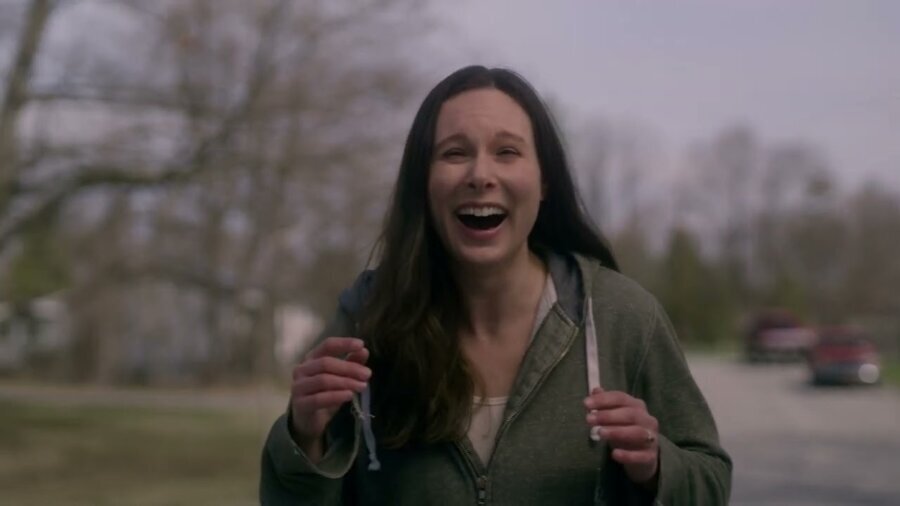
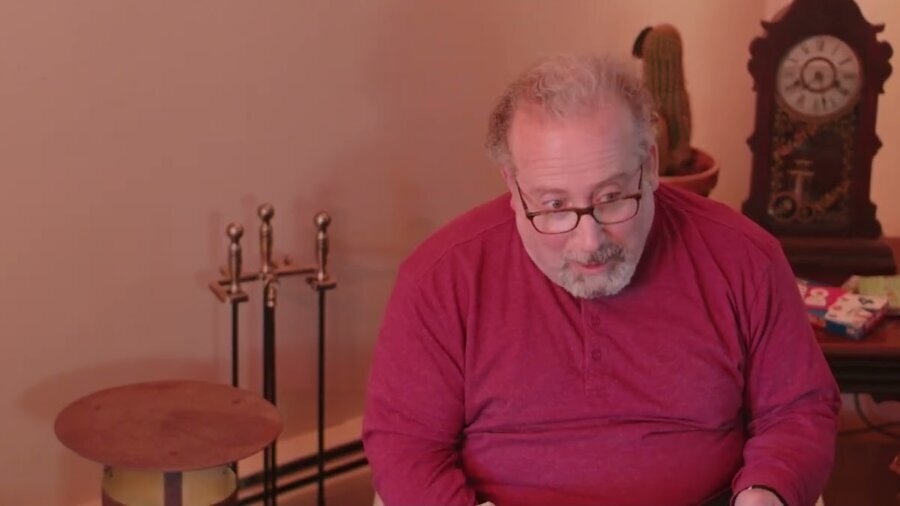
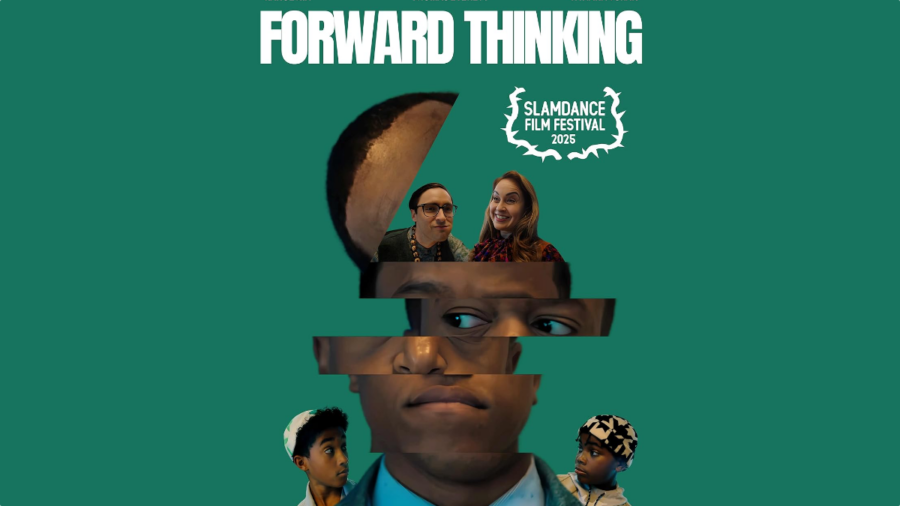
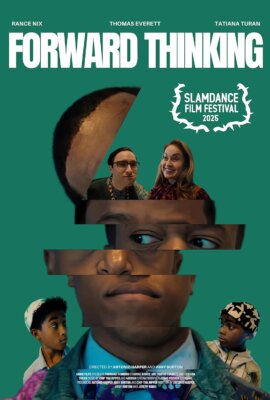 Watching “Forward Thinking” feels like peering into an off-kilter, adjacent reality.
Watching “Forward Thinking” feels like peering into an off-kilter, adjacent reality.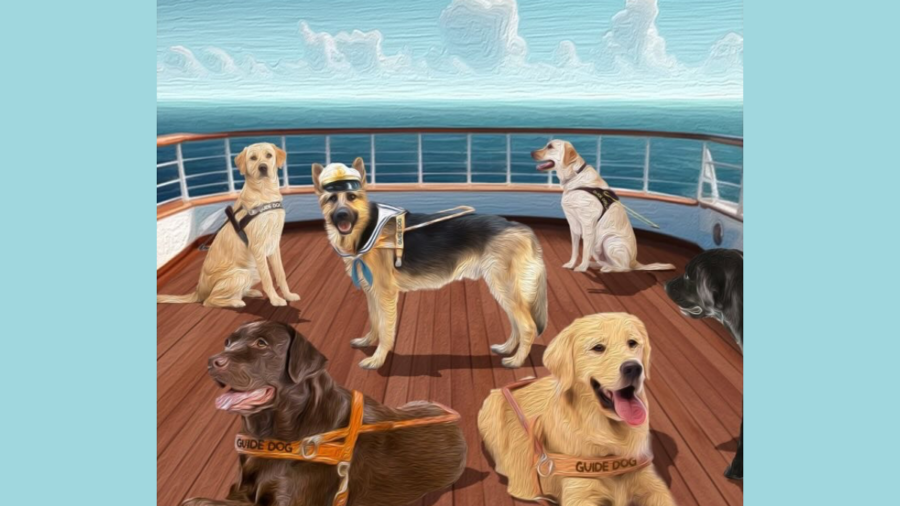
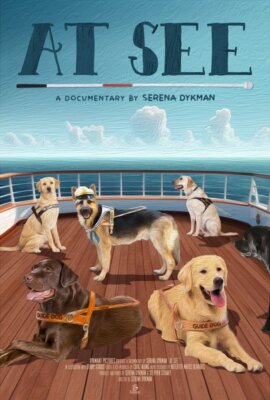 In the short film “At See,” Director Serena Dykman offers a glimpse into inclusion by taking viewers aboard an All Paws on Deck cruise to the Dominican Republic with more than 50 guide dogs and their partners. This opportunity was organized by the non-profit organization, All Paws On Deck, to provide an independent cruise experience for blind and partially sighted people with their guide dogs to enjoy.
In the short film “At See,” Director Serena Dykman offers a glimpse into inclusion by taking viewers aboard an All Paws on Deck cruise to the Dominican Republic with more than 50 guide dogs and their partners. This opportunity was organized by the non-profit organization, All Paws On Deck, to provide an independent cruise experience for blind and partially sighted people with their guide dogs to enjoy.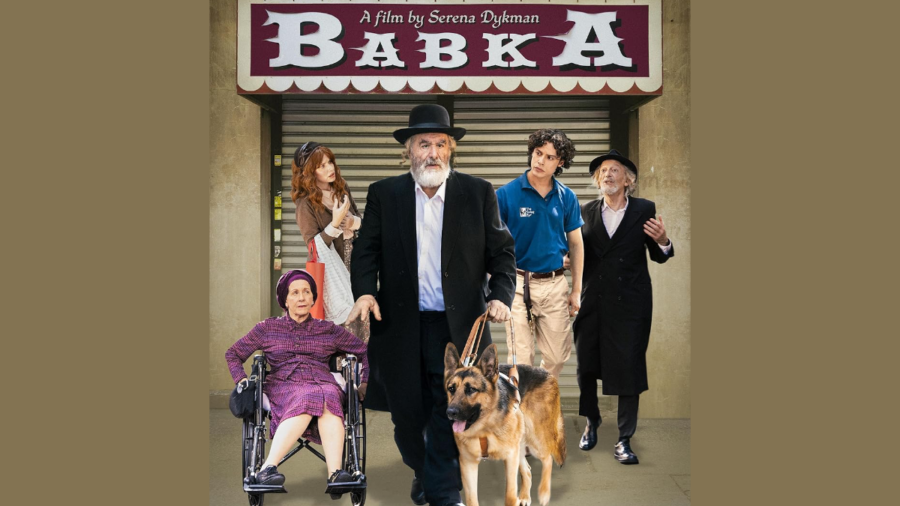
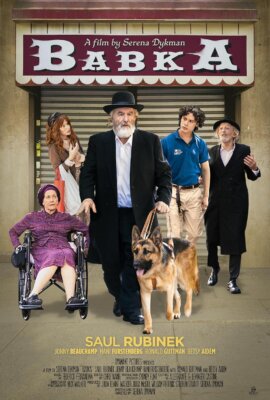 In the new short film “BABKA,” Director Serena Dykman presents a narrative that weaves together themes of identity, culture, and passion. The film centers on Moishe, a blind Orthodox Jewish baker who lives in the heart of Hasidic Williamsburg, Brooklyn. After recently losing his sight, Moishe is learning to navigate a new way of life as he re-opens his community’s beloved bakery. With the help of Jesus, a service dog trainer, Moishe adjusts to using his new guide dog, Bear.
In the new short film “BABKA,” Director Serena Dykman presents a narrative that weaves together themes of identity, culture, and passion. The film centers on Moishe, a blind Orthodox Jewish baker who lives in the heart of Hasidic Williamsburg, Brooklyn. After recently losing his sight, Moishe is learning to navigate a new way of life as he re-opens his community’s beloved bakery. With the help of Jesus, a service dog trainer, Moishe adjusts to using his new guide dog, Bear.


